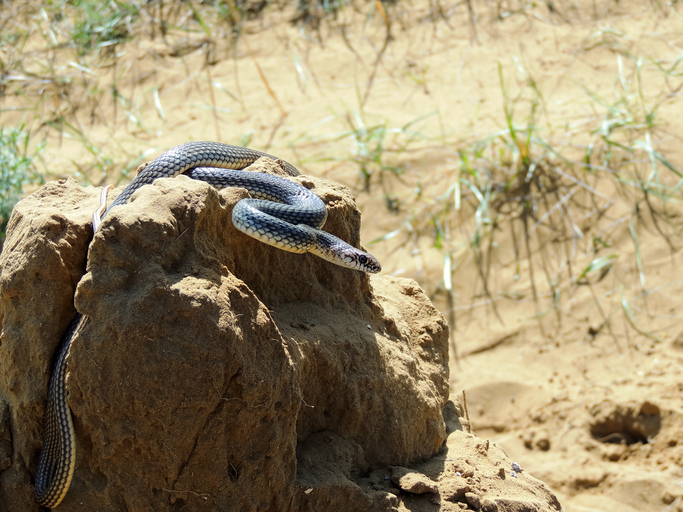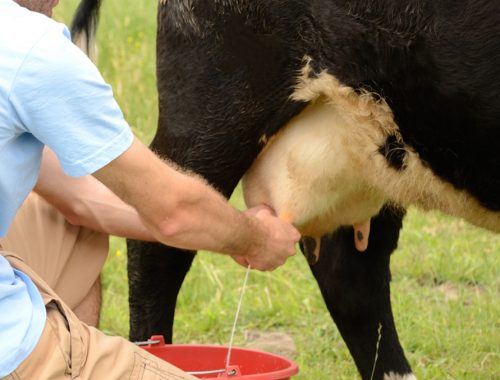wriggle
(verb)
/ˈrɪgəl/
 LISTEN
LISTEN


To wriggle means ‘to twist from one side to the other’ or ‘to move along with twisting movements,’ like worms or snakes do, or ‘to make something move with such movements.’ Figuratively, it means ‘to contrive a way out of a difficulty.’ As a noun, a wriggle is a twisting movement.
Example sentences
- The bored child wriggled in her seat.
- The snake wriggled across the path.
- Paul wriggled through the narrow gap.
- The dancer wriggled her hips.
- Tom was annoyed that his little brother had managed to wriggle out of trouble again.
- The cat freed itself from its owner's grasp with a wriggle.
In pop culture
Listen to Kylie Minogue singing “Word Is Out,” and read the lyrics here:
Listen out for the lyric “You can’t wriggle out of this.”
Did you know?
Of course, the verb twist also means to move with a twisting motion, but a twist is a single movement, whereas, when you wriggle, the twisting motion is repeated.
Other forms
wriggler (noun), wriggly (adjective), wriggling (adjective)
Origin
Wriggle dates back to the late 15th century. The late Middle English verb wrigglen was borrowed from the Middle Low German wriggelen or wrigglen, a frequentative form of wriggen, which meant ‘to twist or turn.’ It can be traced back to the Proto-Germanic root wrig-, from wreik– (to turn), and the Proto-Indo-European root wer– (to turn or bend). It is related to the Dutch wriggelen (wriggle) and the Old English wrigian (to turn, incline or go forward), as well as many modern English words, including adverse, controversy, convert, diverse, inward, pervert, prose, universe, verge, verse, versus, warp, worm, worry, worth, wrap, wrench, wrinkle, wrist and wry.
Word of the Day is released Monday through Friday.



